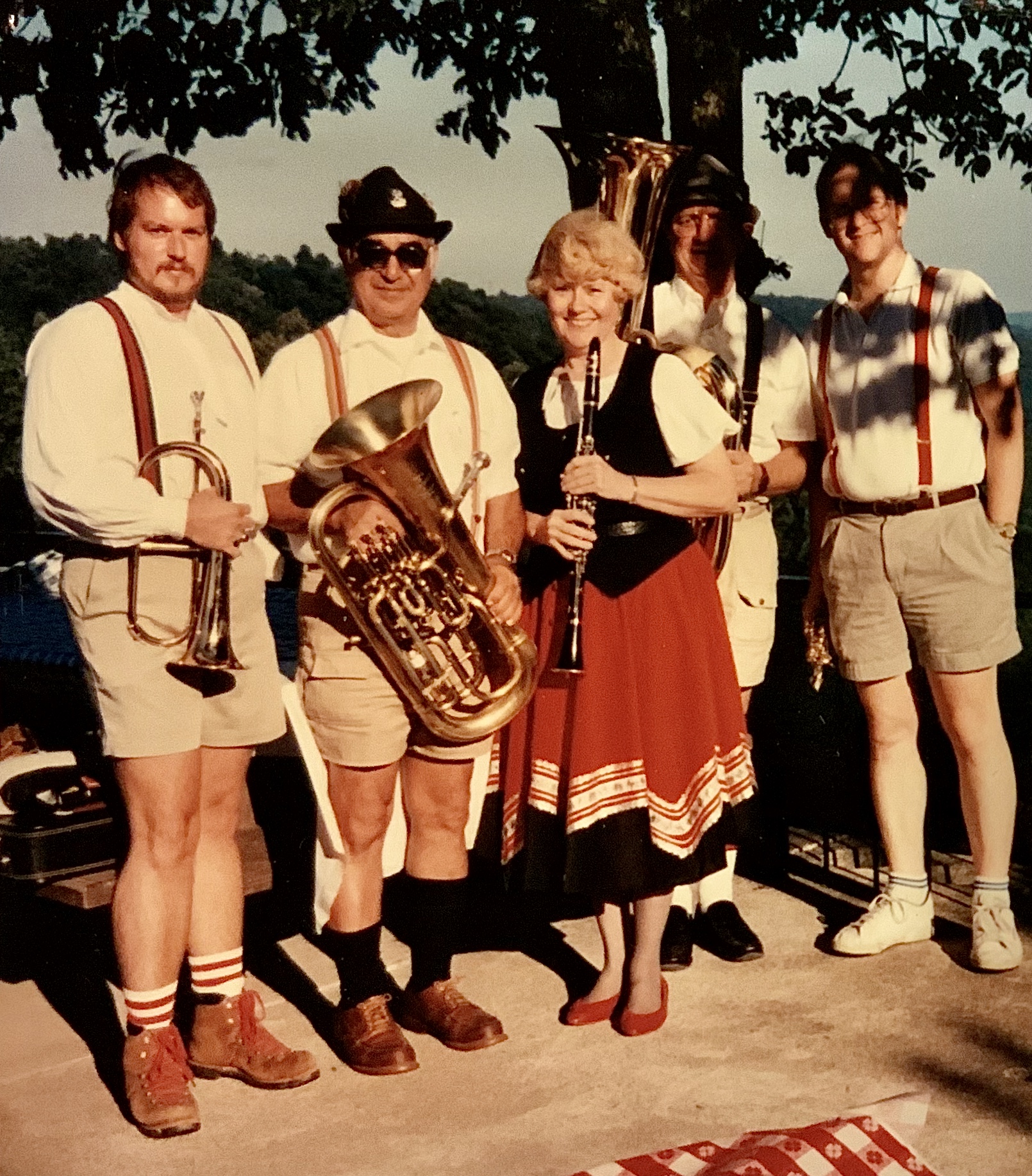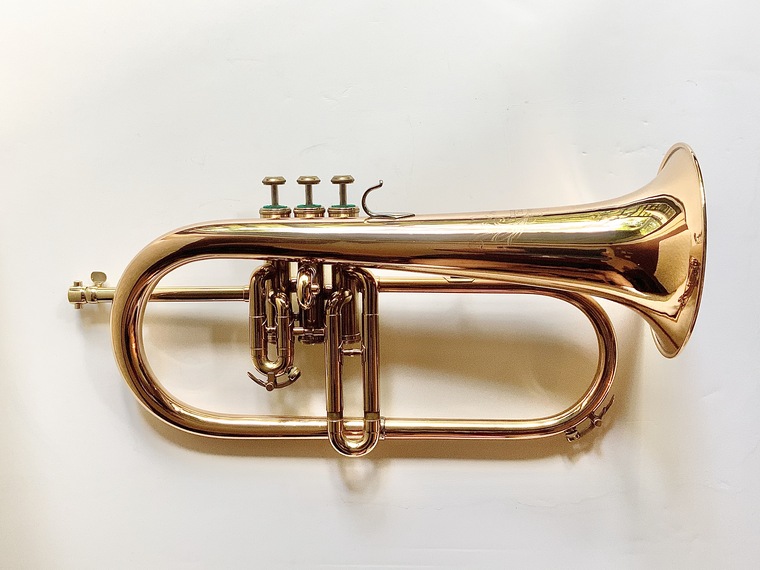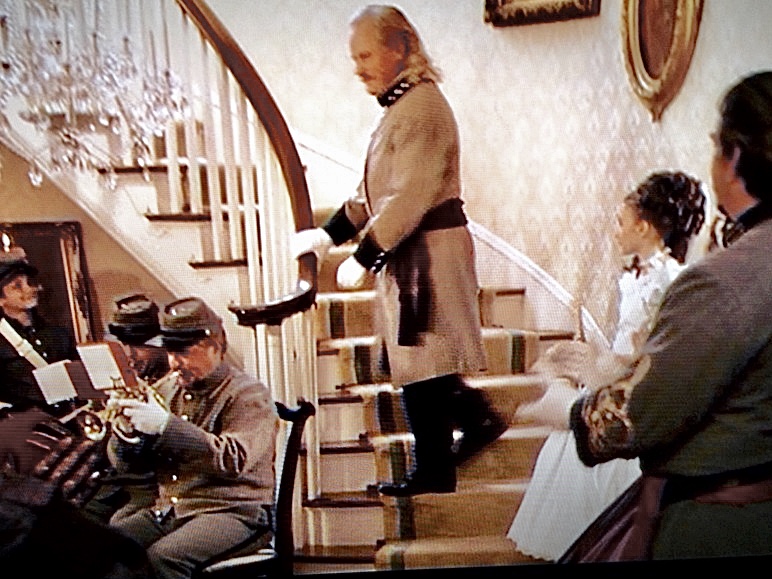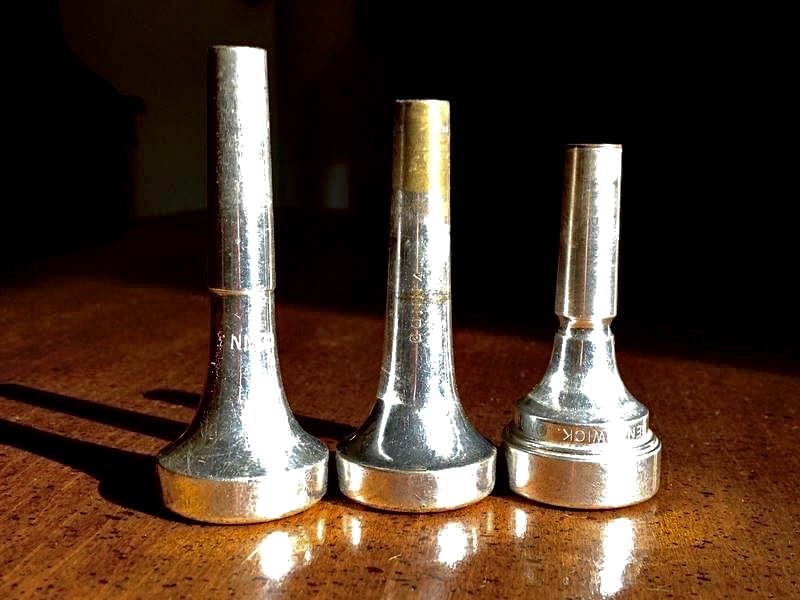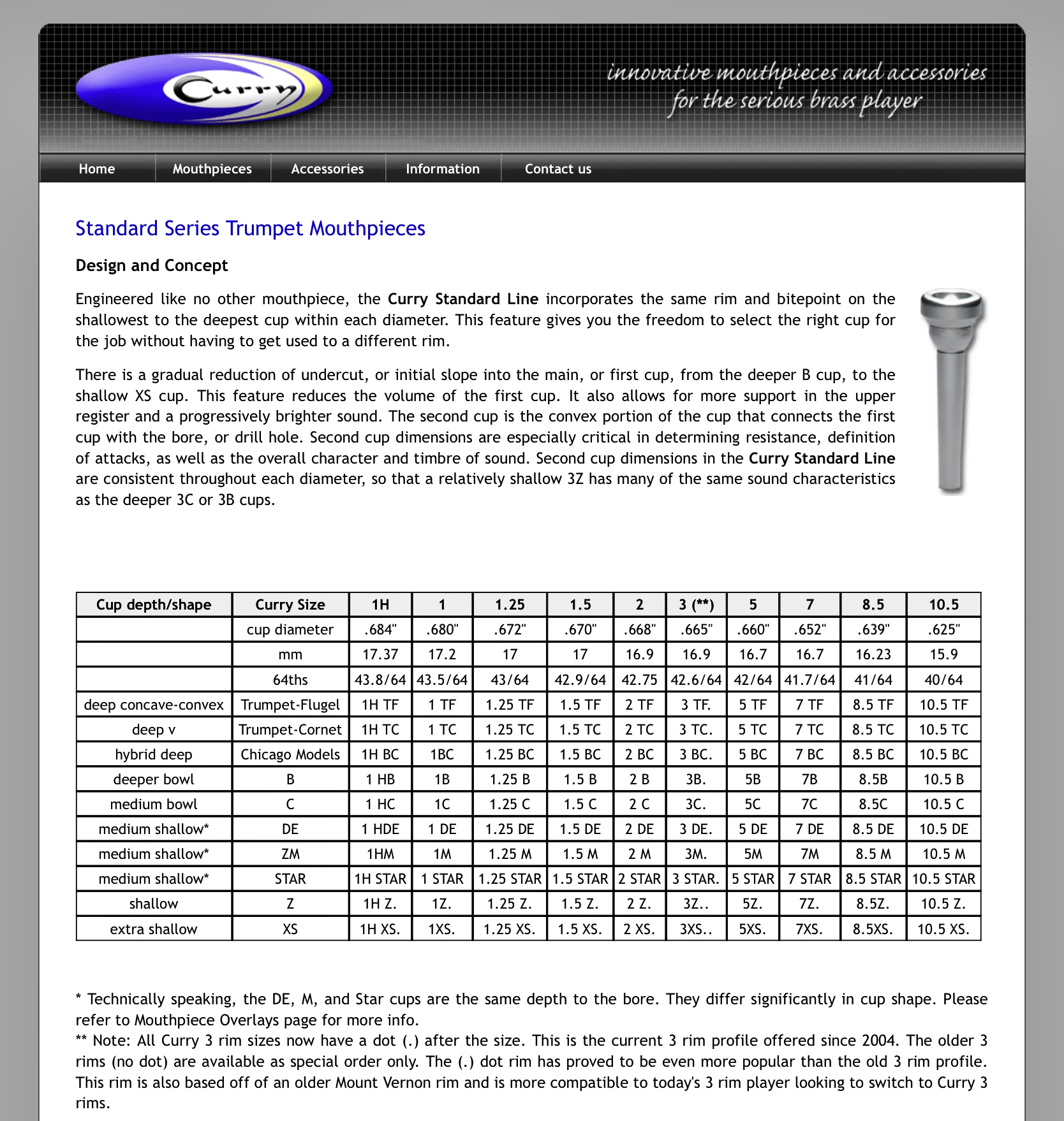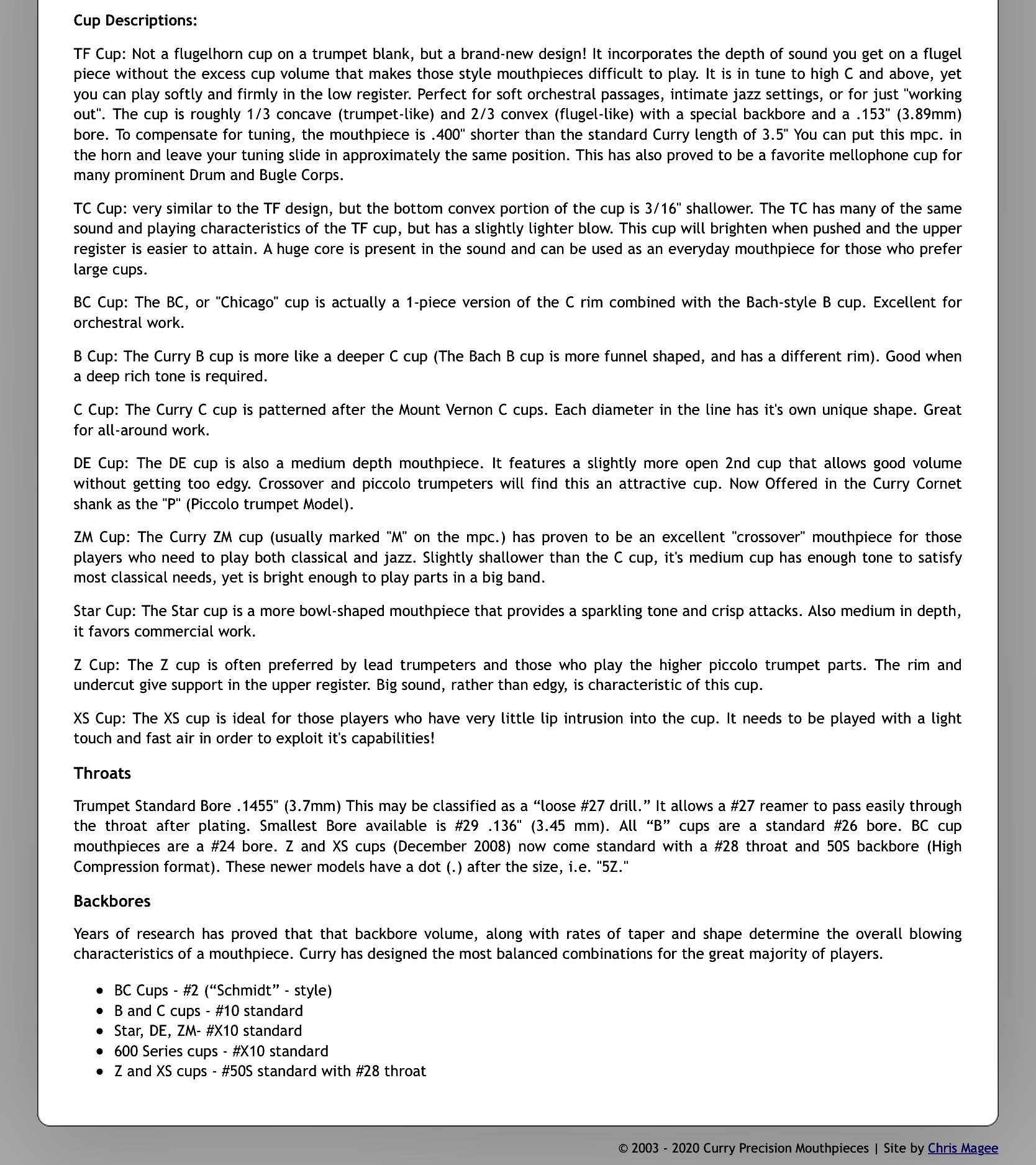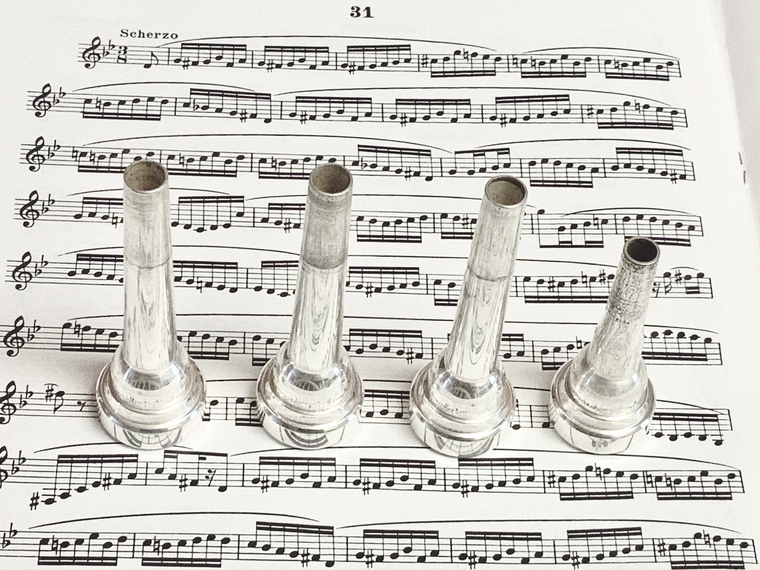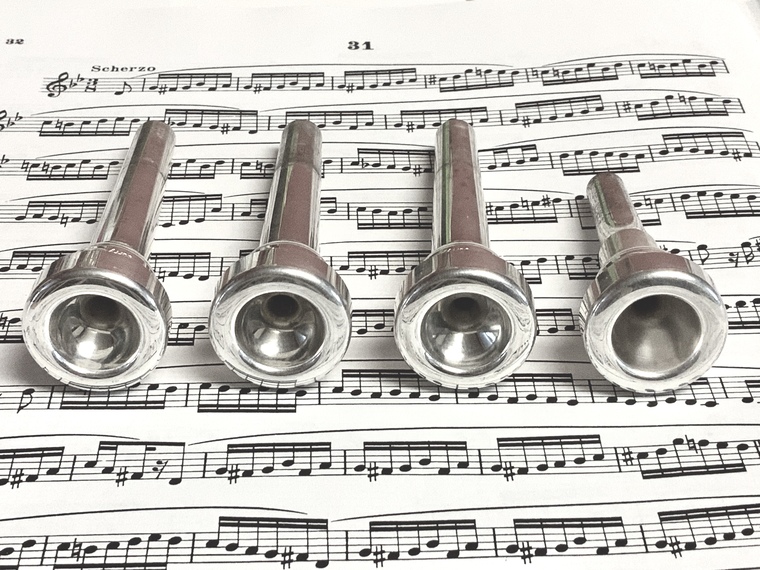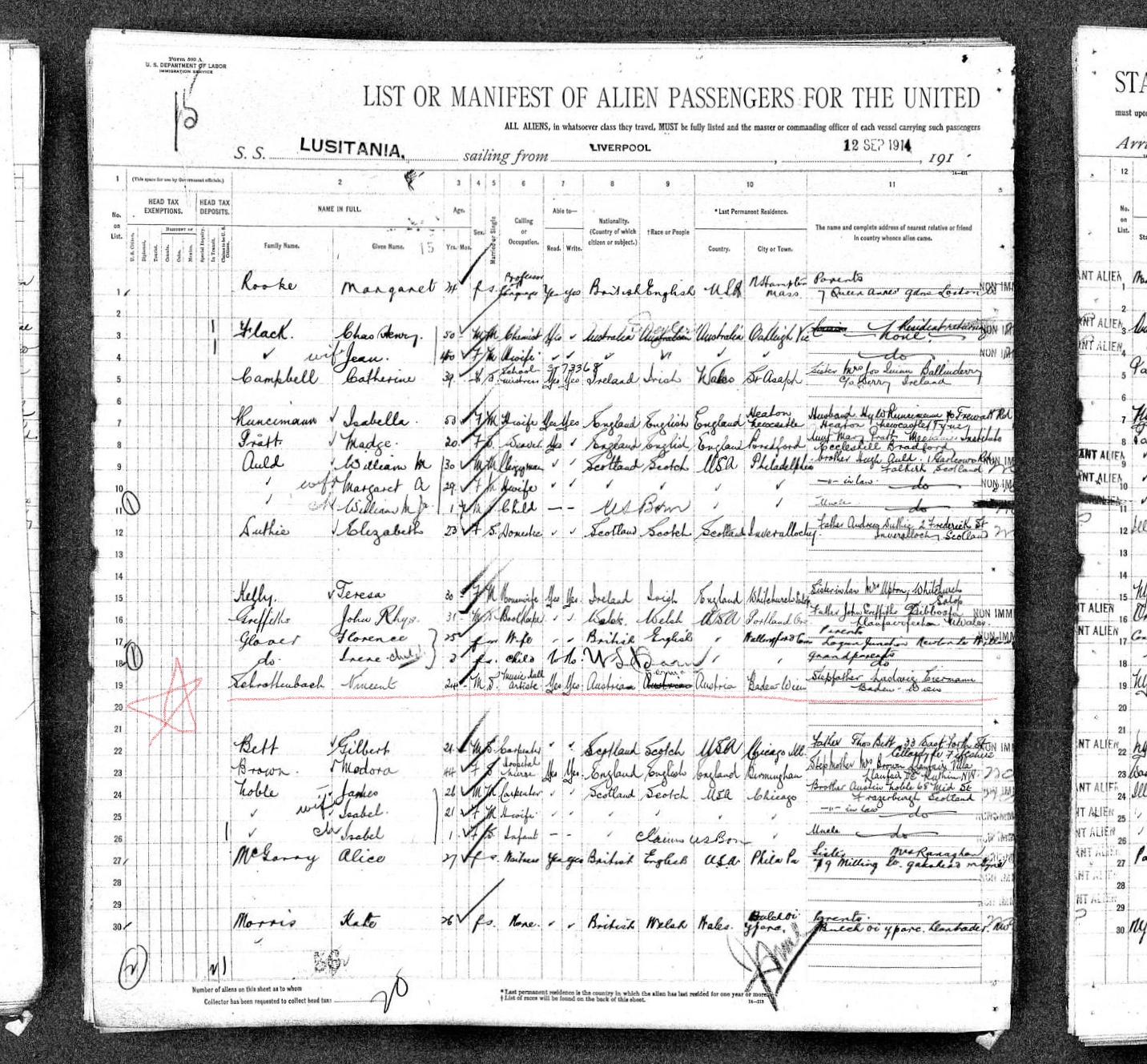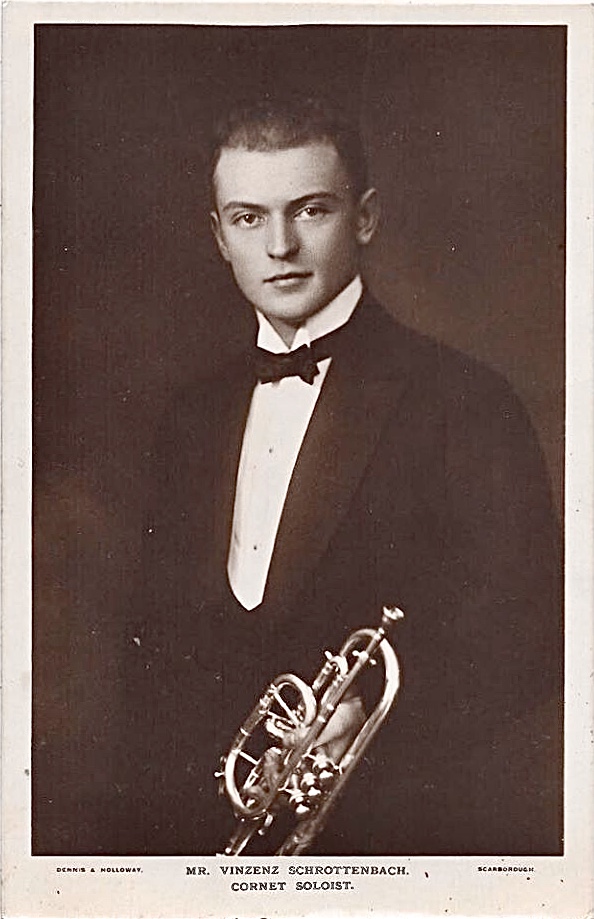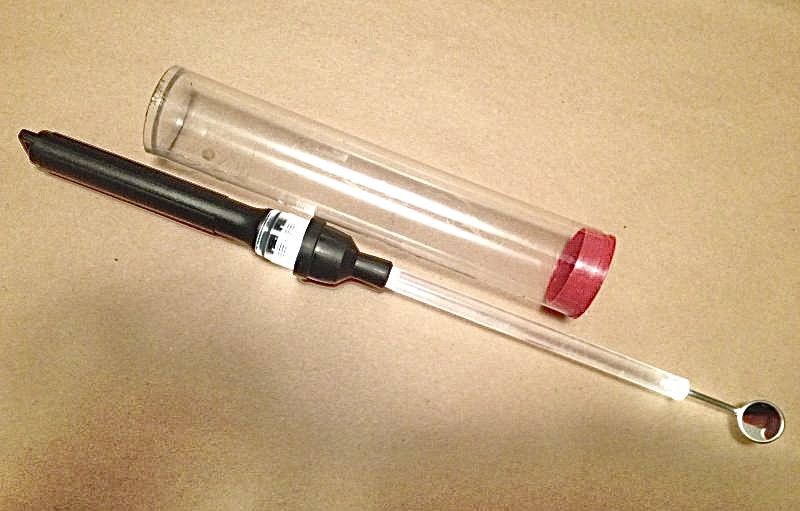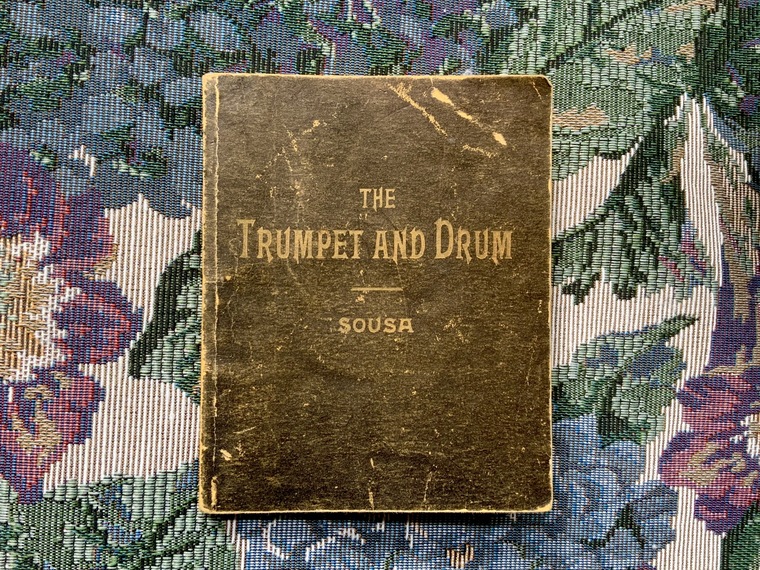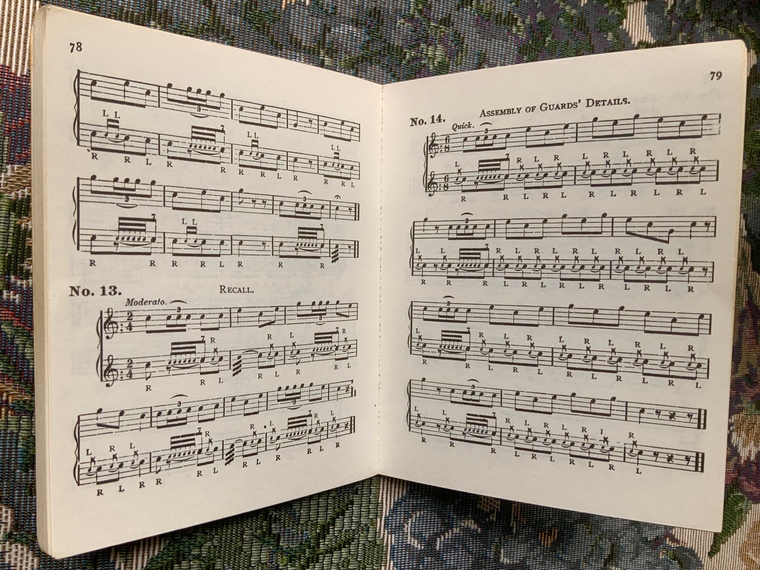@J-Jericho
In the past, I had both a 3DC. and a 3TC. for cornet and didn’t like either one - the DC was too bright and I had squirrley intonation with the TC. I also had a 3Z. trumpet piece for a while and it was just too shallow and bright.
The shape doesn’t bother me (I appreciate the small amount of extra mass), but I wish the size markings were a little larger. When you have 2 or 3 of them in the case and the lighting isn’t good, it’s hard to tell which is which without playing them. As for his cornet pieces, the 3BBC. Is really nice and mellow, but for cornet playing in a concert band setting, I like my old Bach 3 better. Maybe it’s similar to your Benge 3.

